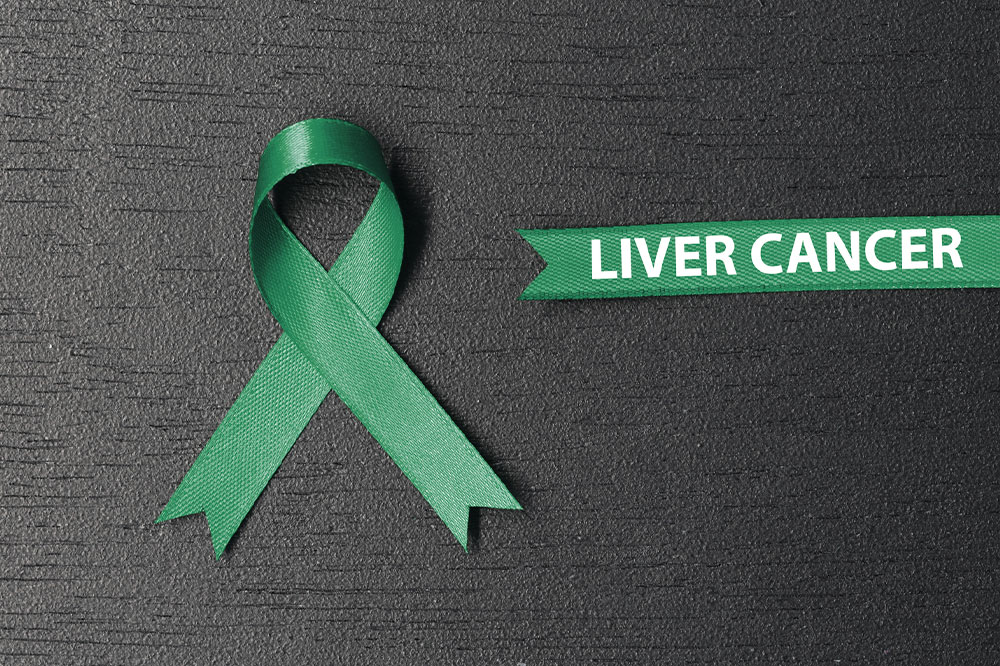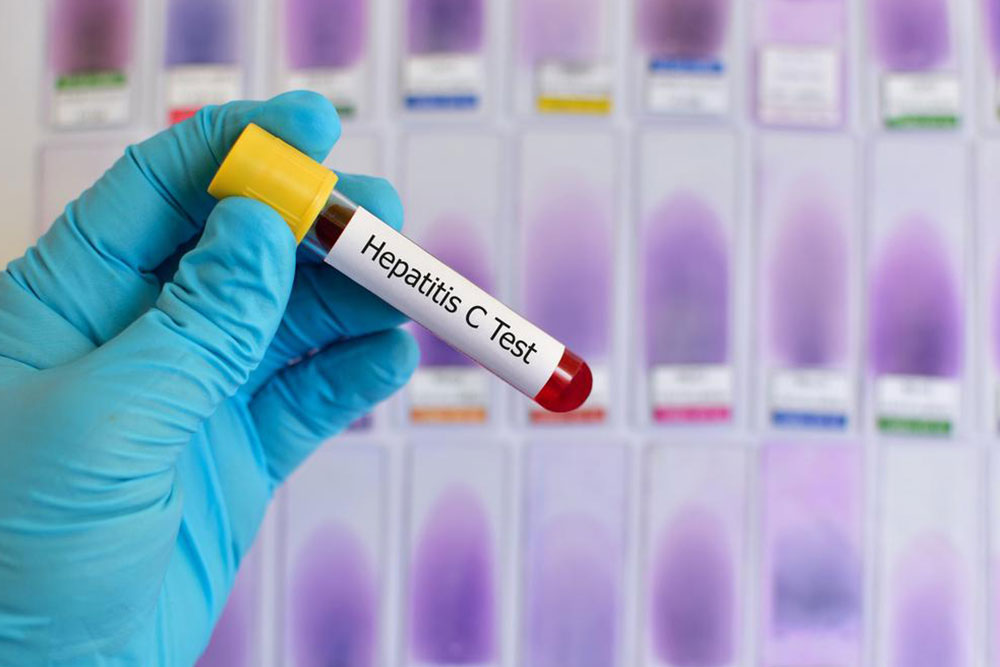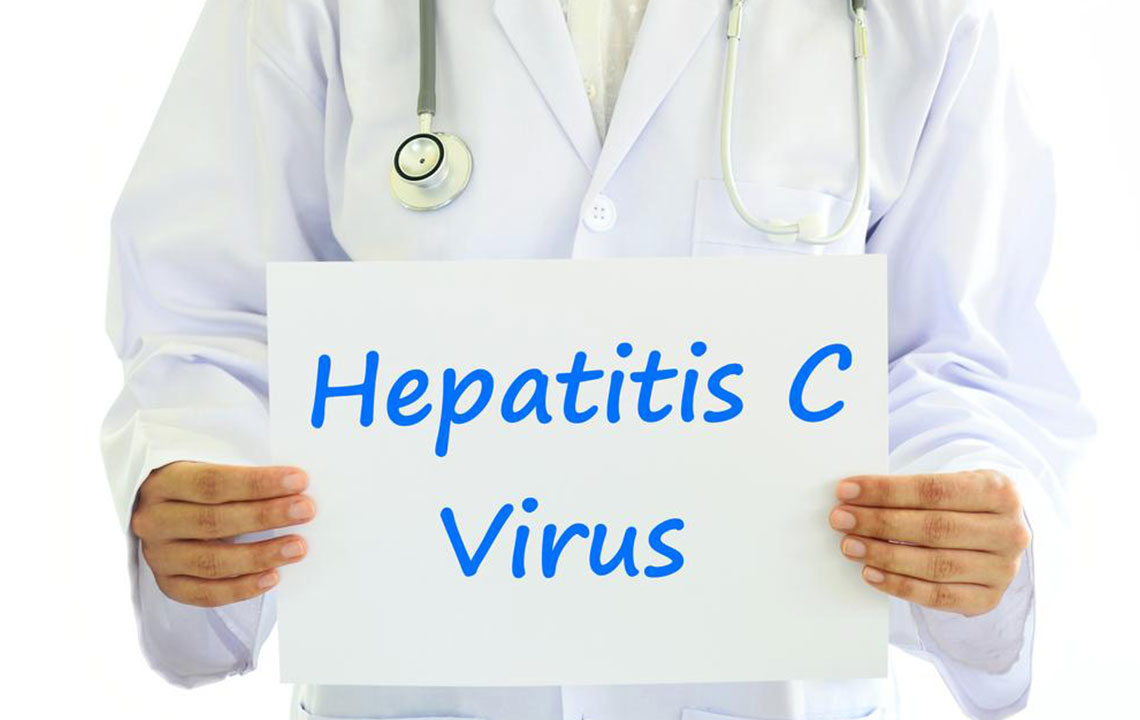Comprehensive Guide to Liver Cancer: Causes, Symptoms, and Treatments
This article offers an in-depth overview of liver cancer, covering its causes, symptoms, and available treatments. It explains how hepatitis viruses and lifestyle factors contribute to the disease, highlights common signs to watch for, and discusses medical options like surgery and chemotherapy. Designed to inform and educate, it emphasizes the importance of professional healthcare consultation for diagnosis and intervention.

Comprehensive Guide to Liver Cancer: Causes, Symptoms, and Treatments
Liver cancer involves abnormal growth of cells within the liver. It is primarily known as hepatocellular carcinoma, but can also result from metastasis, where other cancers like colon, lung, or breast spread to the liver. Metastatic liver cancer occurs more frequently than primary liver cancer. The disease often manifests as a mass in the liver, leading to enlargement and other health issues.
The most common type is hepatocellular carcinoma, which remains one of the deadliest cancers globally. Less common forms include hepatoblastoma and intrahepatic cholangiocarcinoma.
The primary cause of liver cancer often involves viral infections, particularly hepatitis viruses. These infections cause genetic alterations in liver cells, prompting abnormal growth and tumor formation. Other risk factors include cirrhosis, which involves scarring that replaces healthy liver tissue, and chronic liver damage from infections, diabetes, and obesity.
Additional risk factors include long-term liver infections, metabolic conditions like diabetes, and excess body weight.
Recognizing liver cancer symptoms early is challenging, as early stages are often asymptomatic. In advanced stages, symptoms such as jaundice, abdominal pain, nausea, vomiting, itchy skin, fever, weight loss, and liver enlargement become noticeable. Tumor growth can also extend to nearby organs, including the gallbladder, and may spread further.
Treatment options include surgery to remove the tumor or perform a liver transplant if damage is extensive. Other therapies include radiation, targeted drug therapy, and chemotherapy, which help destroy cancer cells and prevent their growth.
Note: The information provided aims to inform readers about liver cancer symptoms, causes, and treatments. It should not replace professional medical advice. Consult qualified healthcare providers for diagnosis and personalized treatment options.










